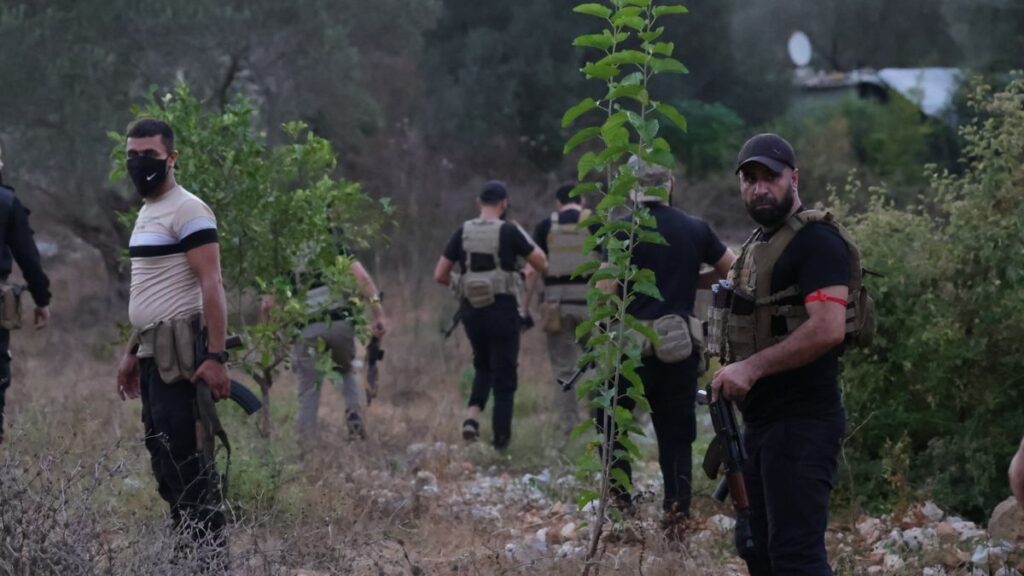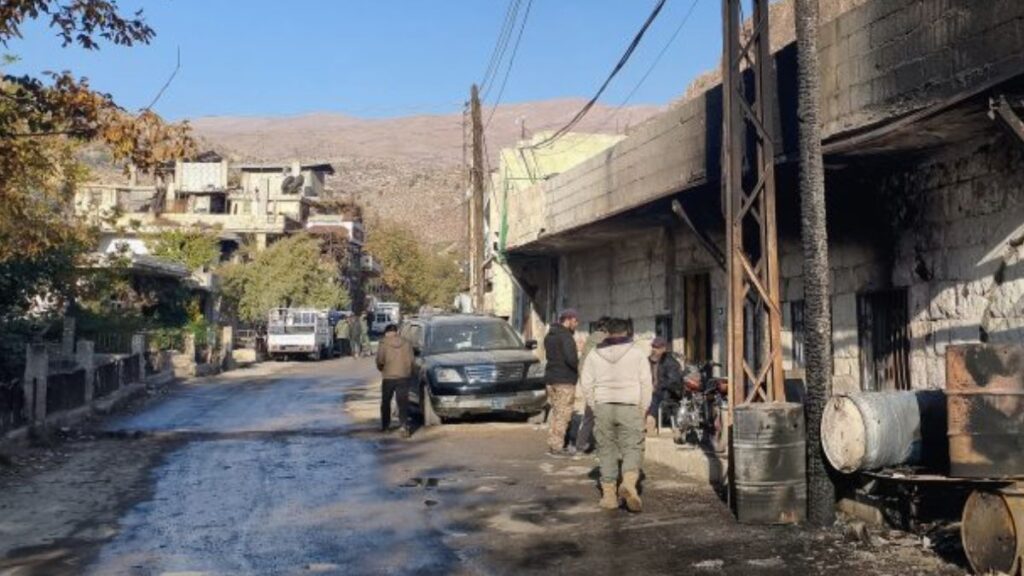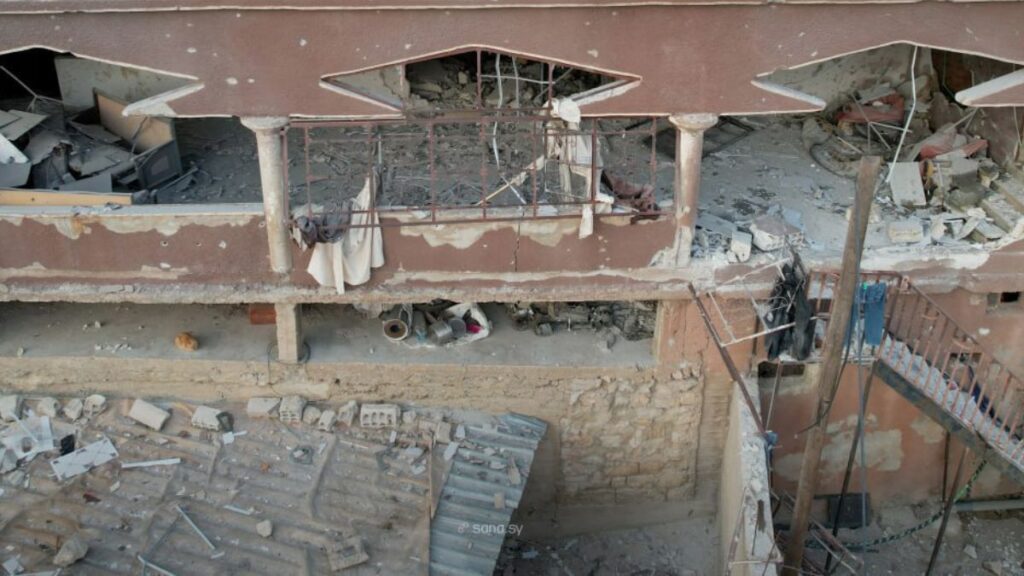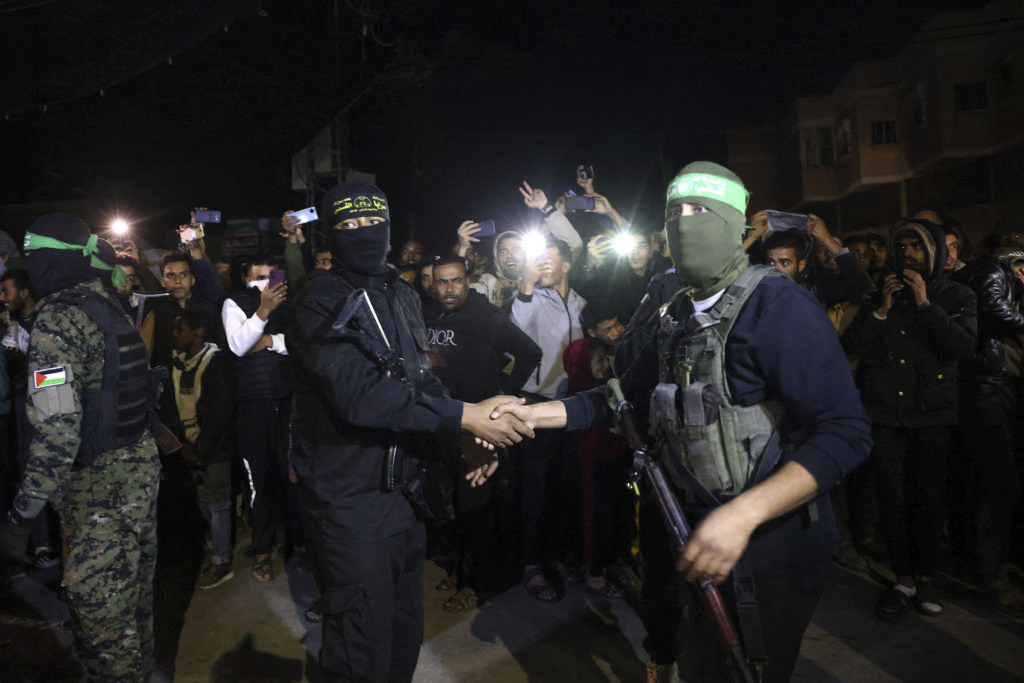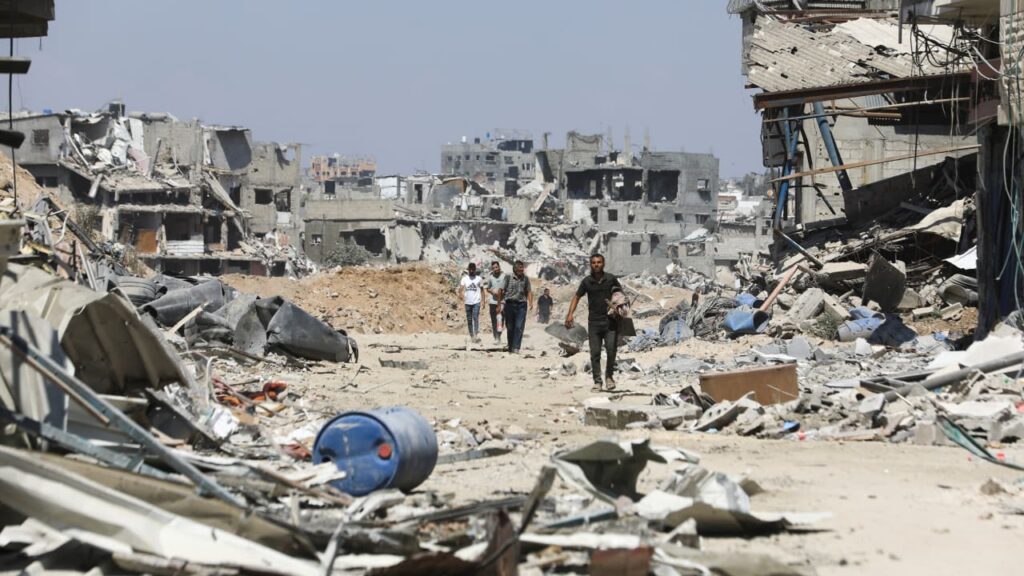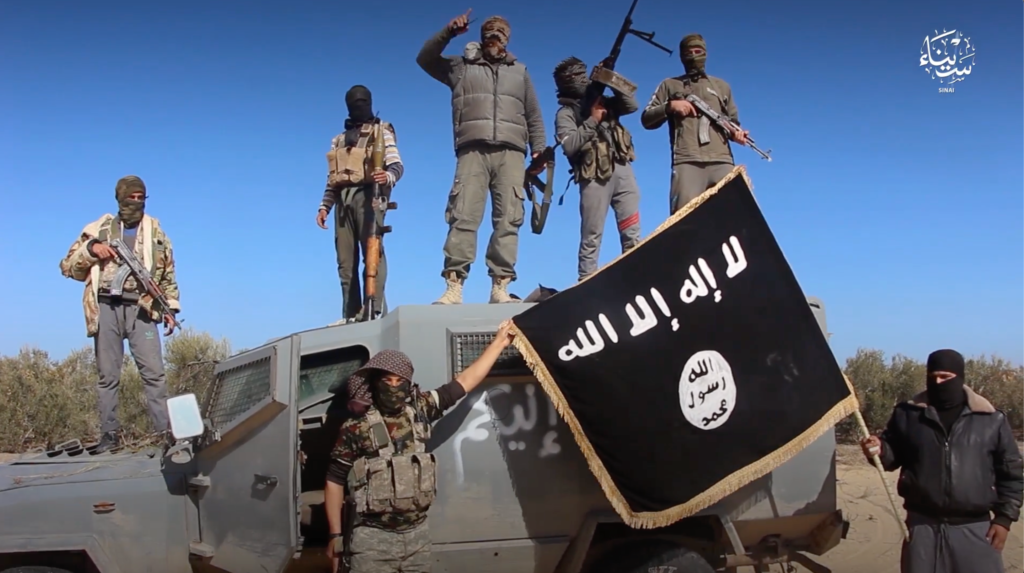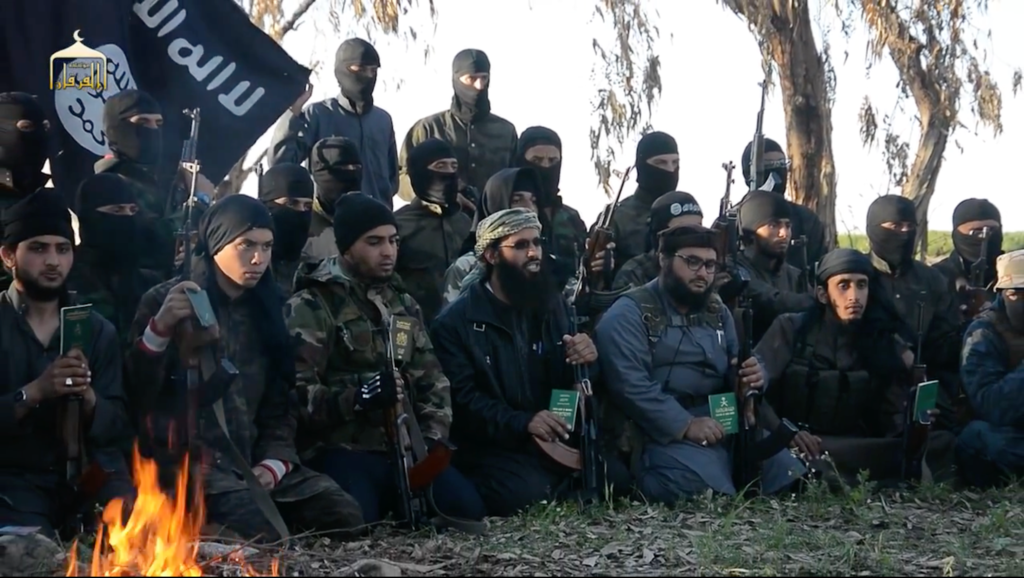In recent weeks, there has been a noticeable warming of relations between Syria’s new regime, led by President Ahmad Al-Sharaa, and Russia. This rapprochement has met with criticism from many Syrians, given that Russia was a key ally of the Bashar Al-Assad regime. During Syria’s civil war it took brutal action against Assad’s opponents,[1] and today it provides asylum to the ousted president himself, his family and senior officials of his regime, while refusing to extradite them.[2] Hay’at Tahrir Al-Sham (HTS), the organization led by Al-Sharaa before he became president,[3] was frequently a target of these Russian attacks. But despite this, since coming to power in December 2024 Al-Sharaa has taken are not to alienate Russia and has not acted to remove its remaining military presence in Syria. This approach has also been evident in statements by Al-Sharaa and senior members of his regime, who have consistently taken a neutral, and at times even positive, tone towards Russia.[4] In addition, there have been mutual visits between the two countries: a senior delegation of Syrian ministers headed by Foreign Minister Asaad Al-Shaibani visited Moscow on July 31, 2025, and a Russian delegation headed by Deputy Prime Minister Alexander Novak visited Damascus on September 9, 2025. On both occasions the sides expressed a mutual desire to “turn over a new leaf of genuine cooperation.”[5] The highlight was Al-Sharaa’s visit to Moscow on October 15, 2025 and his meeting with Russian President Vladimir Putin, which lasted about two and a half hours and during which both sides emphasized their desire to strengthen the friendly relations and cooperation between the two countries.[6]
